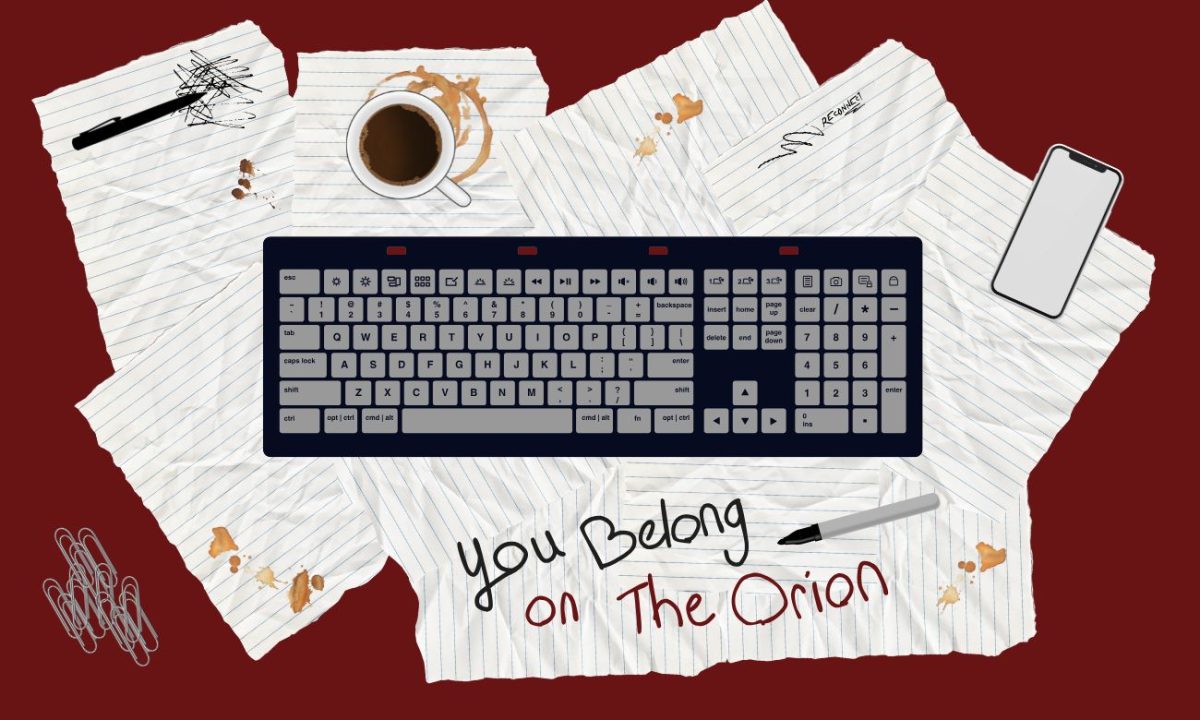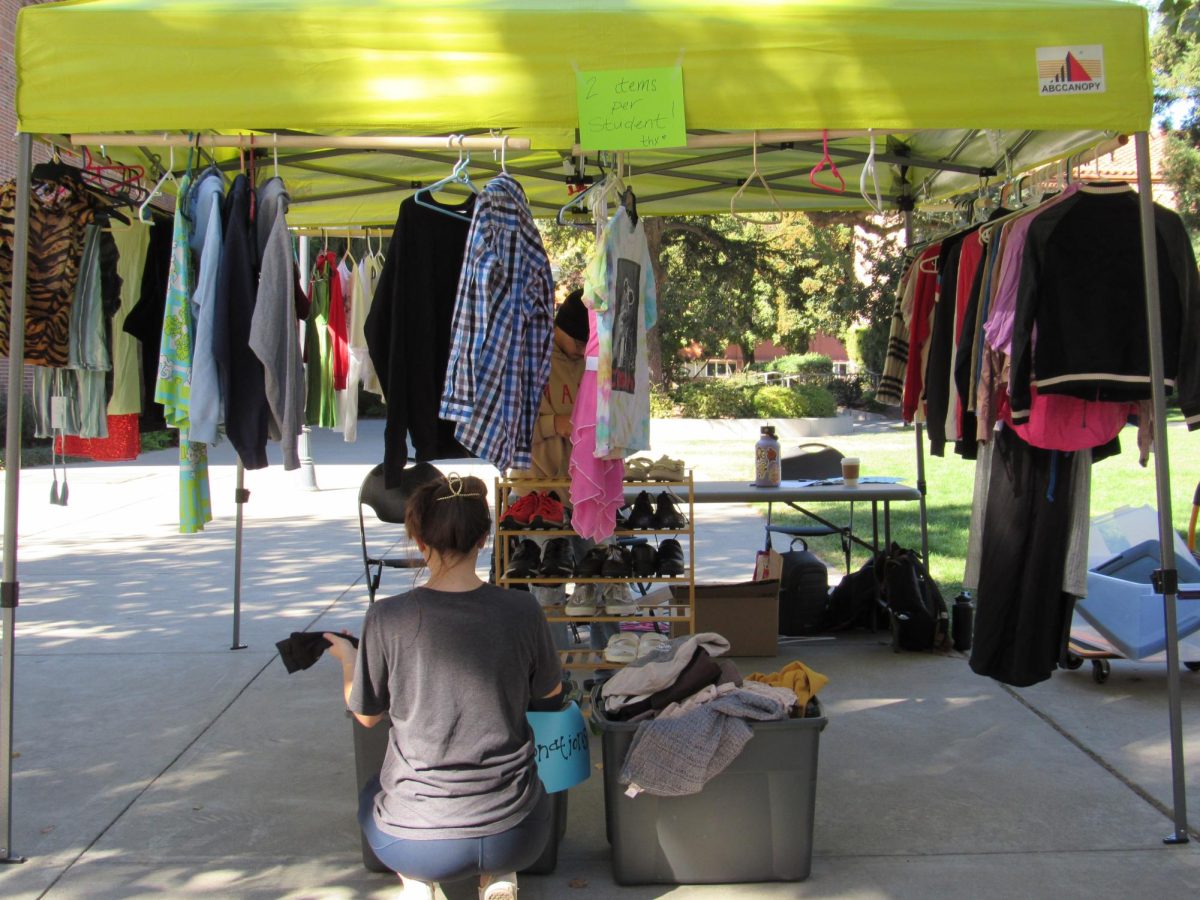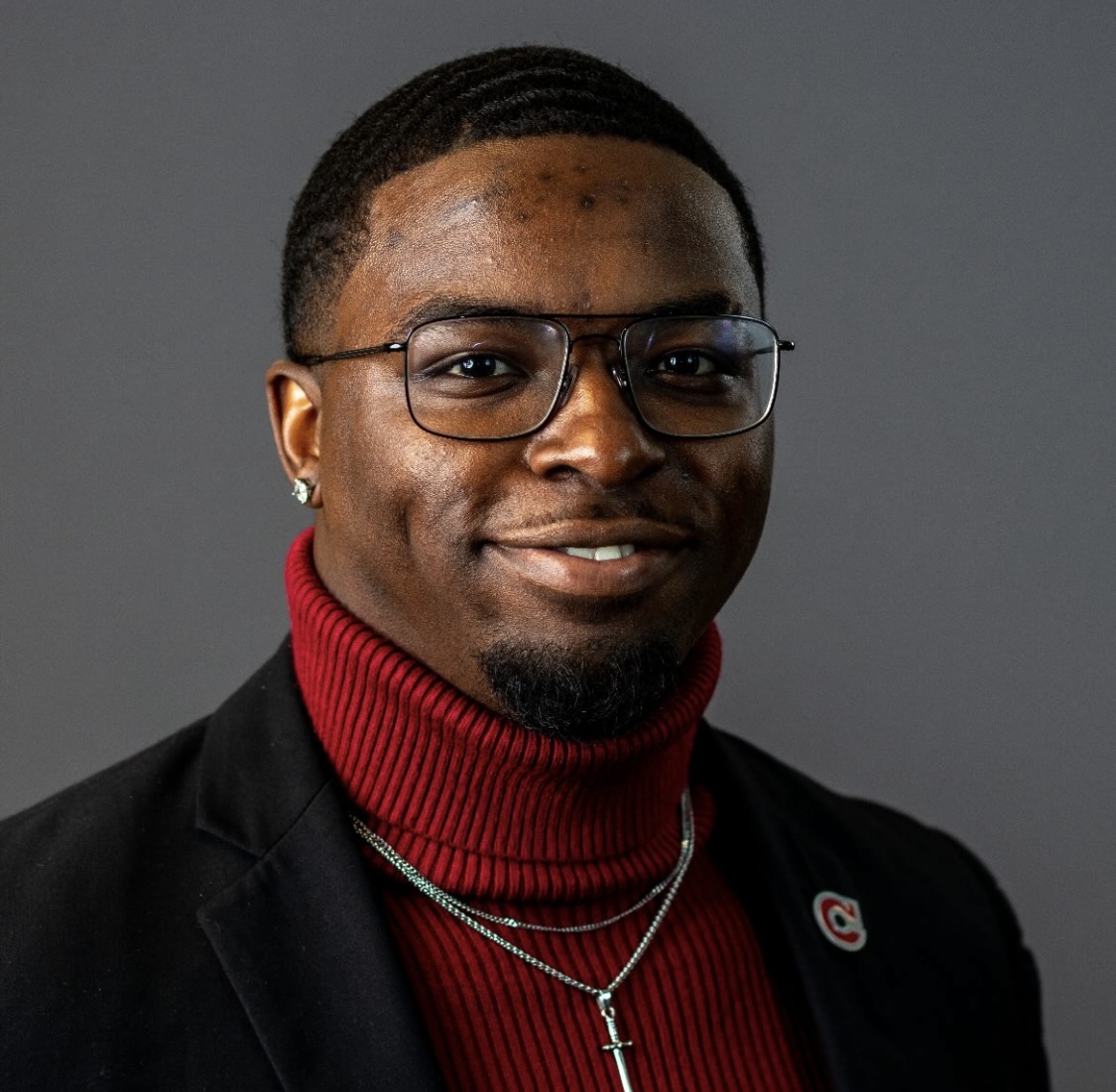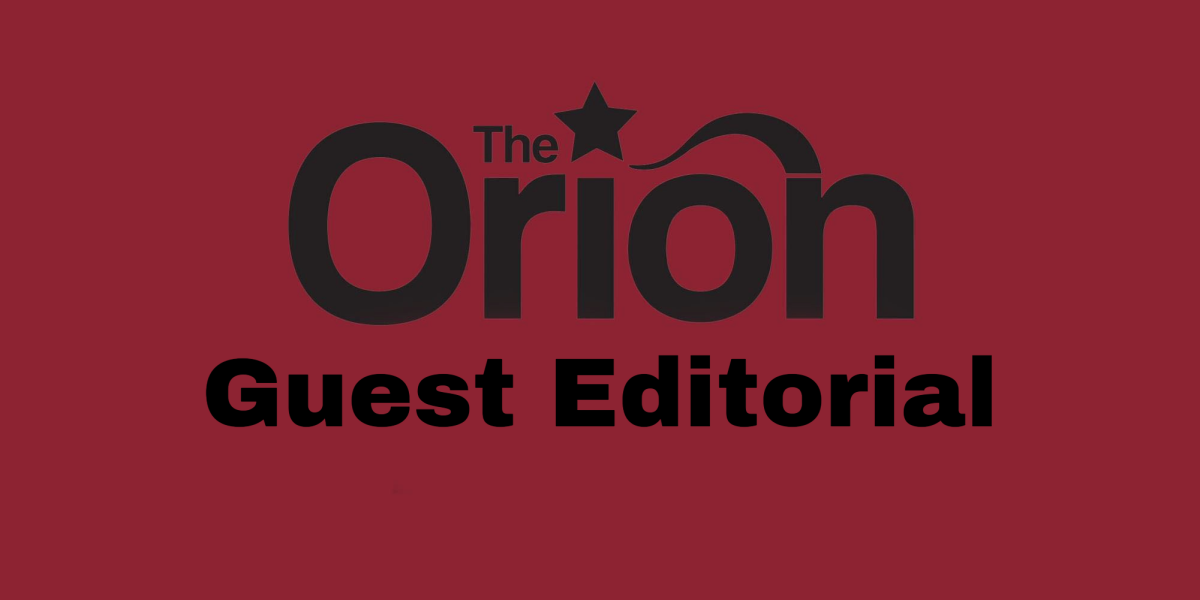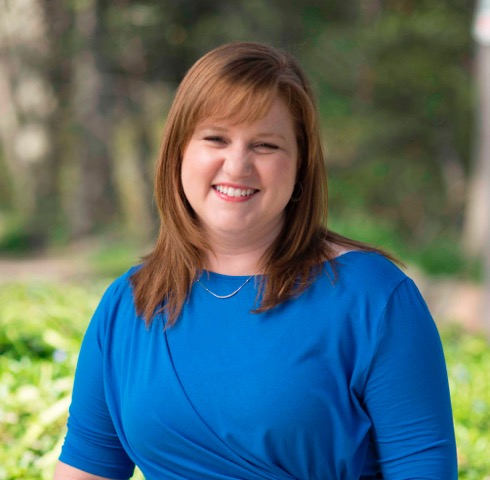
Embodied: Living the Health at Every Size Way, a campus organization, kicked off Weight Stigma Awareness Week with a clear and powerful message – weight-based prejudice needs to stop.
Weight stigma is what a person experiences when they receive negative judgment based on weight, shape or size.
This issue can affect almost every aspect of an individual’s life: mental and physical health, social interaction, employment opportunities and the learning environment for people of all ages, according to a research review by Rebecca Puhl and Chelsea Heuer.
“It impacts all of us across the weight spectrum,” said Michelle Morris, a professor of nutrition and food sciences and dietetic internship director. “If you’re on the lower end of the weight spectrum, weight stigma or weight bias impacts you because then (you’re) afraid of gaining weight and being in the stigmatized group.”
While weight discrimination can affect anyone, the delivery depends on a person’s body type, she said. For some it may be more self-evident and immediate.
“If (you’re) in the higher end of the spectrum, you experience it automatically,” she said. “For example, not being able to walk into a store and find clothes in certain styles to fit larger bodies or having people make assumptions just based on weight or appearance.”
Since its establishment in 2013, Embodied has made efforts to diminish adverse perceptions people have of their own bodies by promoting size diversity, mindful eating and the Health at Every Size lifestyle model. According to the organization’s website, HAES encourages:
- Accepting and respecting the natural diversity of body sizes and shapes
- Eating in a flexible manner that values pleasure and honors internal cues of hunger, satiety and appetite
- Finding and enjoying moving one’s body
Crystal Vasquez, a graduate student in nutrition education and the club’s president, said she is passionate about HAES, size discrimination and social injustice. Being part of Embodied has empowered her pursuit to battle and raise awareness about weight stigma.
“The support from the club and having a group of like-minded people wanting to fight against this discrimination has made (it) easier,” she said. “(Knowing) that I am helping others gives me strength.”
Morris, who had a pivotal role in establishing the organization along with Vasquez and other students, said she shares in the plight of those who struggle with weight stigma due to her own experiences.
When Morris was younger, people had certain assumptions about her based on her appearance on the lower end of the weight spectrum, but privately she knew she was not engaging in healthy behaviors, she said.
“When I was in my teens and 20s, I struggled with an eating disorder,” she said. “I was what would be considered in healthy body weight range and spectrum, (but) my eating habits were completely unhealthy.”
Walking around campus, Morris has noticed that there’s a large focus on appearance, she said. She has overheard students expressing weight prejudice not only on other people, but themselves. Prejudice is still being seen as socially acceptable or people don’t realize the harm they may be causing internally and externally.
“We can’t know anything about someone’s health behaviors based solely by looking at them,” she said. “That’s what (Weight Stigma Awareness Week) is about. Being more mindful about treating ourselves, our own bodies and others with respect. There are many other factors that impact health and weight, (but) society tends to place all the blame on the individual.”
Vasquez agrees with Morris about social acceptance of weight discrimination and wants people to know that “joking” about someone’s weight is hurtful and a real problem in society. More needs to be done in order for people to see the seriousness of the matter.
“We are barely touching the surface at Chico State with just getting the word out there and nationally I believe it is virtually unknown,” she said. “The more people that realize this is a real problem that affects real people, of all sizes, the more that can be done to fight weight stigma and biases.”
Both Morris and Vasquez hope that Embodied and other organizations like it will continue to branch out and promote not only weight stigma awareness, but create allies in those who both have and haven’t been exposed.
“(People) don’t have to be in the stigmatized or marginalized groups to become allies,” Morris said. “I want to raise awareness about that as well. The bottom line is every human being deserves to be treated with dignity and respect.”
Amanda Rhine can be reached at [email protected] or @am_rhine on Twitter.




